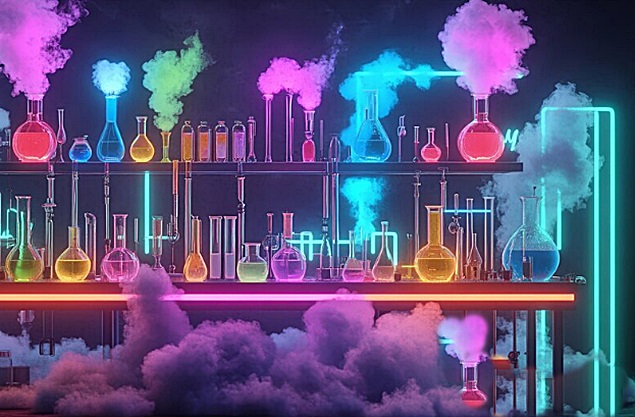812

High Levels of "Forever Chemicals" Found in EU Wines, Including Organic Labels
A recent report by PAN Europe (Pesticide Action Network) and several other NGOs has uncovered alarmingly high concentrations of a persistent chemical in wines across the European Union, sparking intense debate about contamination sources and regulatory gaps.
Up to 100 Times Above Drinking Water Standards
The study found that certain wines contained levels of trifluoroacetic acid (TFA)—a PFAS compound—up to 100 times higher than the most stringent EU limit set for drinking water.
TFA is part of the per- and polyfluoroalkyl substances (PFAS) family, widely used in products including pesticides for their water-repellent properties. These substances are known for their extreme environmental persistence and recognized risks to human health.
“This is a wake-up call,” said Helmut Burtscher-Schaden, an environmental chemist with Global 2000, one of the NGOs behind the report. “TFA is a forever chemical—it doesn’t go away.”
Contamination Increasing Since 2010
The study analyzed 49 bottles of wine, comparing recent vintages to those from earlier decades. It found no detectable residues in wines produced before 1988, with a noticeable increase in contamination starting from 2010.
“Unlike most agricultural products, decades-old wine vintages are still widely available and well-preserved,” the study notes, providing a unique opportunity for long-term contamination analysis.
According to PAN, the rise in TFA levels correlates strongly with the increased use of PFAS-based pesticides.
Spotlight on Austrian Wines
Although almost a quarter of Austria's vineyards are organically farmed, Austrian wines were overrepresented among the contaminated samples—18 out of 49 bottles—as NGOs began testing in Austria before expanding the study's geographic scope.
The Austrian Winegrowers’ Association dismissed the findings as “irrelevant” and questioned the study’s representativeness.
“We oppose putting the wine industry in the spotlight based on a few sample tests for substances that may be present in many products due to environmental factors,” the association stated.
The European Committee of Wine Companies (CEEV) echoed this concern, stating the study lacked representative sampling across countries, wine ages, grape varieties, and farming practices.
The CEEV also noted that “the report finds no significant difference in TFA levels between conventional and organic wines,” and challenged the direct link between PFAS pesticide use and TFA presence in wine.
Mounting Pressure on the EU
The report adds to growing calls within the European Parliament to ban PFAS-based pesticides, following a letter signed by 50 MEPs urging the European Commission to take action.
On Thursday, Green MEPs confronted Commission representatives during an Environmental Committee hearing.
“Wine drinkers are ingesting more PFAS in a single glass than is allowed in a liter of drinking water,” warned MEP Jutta Paulus. Fellow MEP Martin Häusling demanded an outright ban on PFAS pesticides, stating: “Alternatives exist.”
In response, EU Commission officials shifted responsibility to member states, noting that national governments have resisted proposals to discontinue PFAS pesticide renewals. Only two substances have been withdrawn under current agreements.




